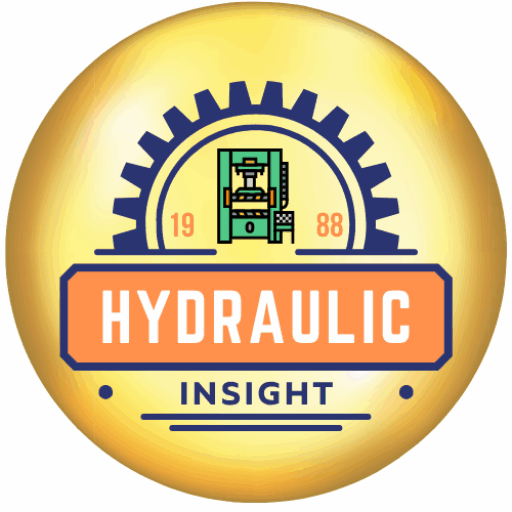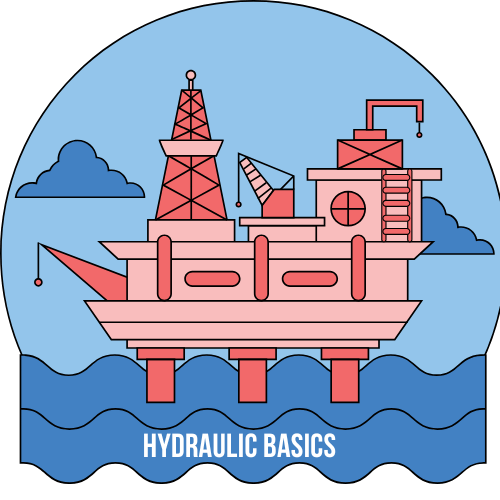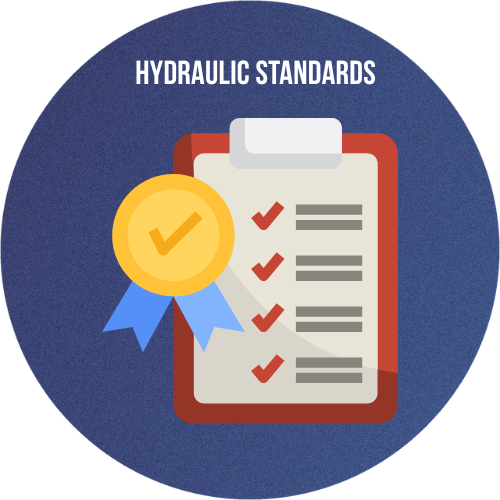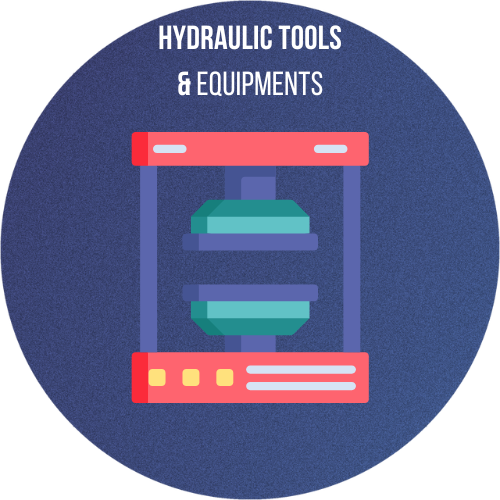Advantages and Disadvantages of Hydraulic Motors

The hydraulic motor is widely appreciated for its power, durability, and adaptability, but like any mechanical component, it comes with both strengths and limitations. Understanding these pros and cons is essential for engineers, technicians, and buyers when determining whether a hydraulic motor is the right choice for a particular application.
Advantages of Hydraulic Motors
1. High Torque at Low Speeds
One of the biggest benefits of a hydraulic motor is its ability to produce very high torque even at low rotational speeds. This makes it ideal for heavy-duty tasks like lifting, pressing, or driving tracks and wheels where startup torque is critical.
2. Compact Power-to-Size Ratio
Hydraulic motors are compact relative to the amount of power they deliver. Their high power density makes them suitable for mobile applications and tight spaces, such as inside construction vehicles or robotic arms.
3. Smooth and Precise Motion
With fluid-based energy transfer, hydraulic motors offer smooth and consistent rotation. This is especially valuable in applications requiring gradual acceleration, precise control, or minimal vibration.
4. Reliability in Harsh Environments
Hydraulic motors perform well in dusty, wet, or high-temperature environments where electric motors may fail. They’re commonly used in underwater applications and on construction or mining sites.
5. Overload Protection
Since hydraulic systems often incorporate pressure relief valves, the hydraulic motor is protected from damage due to excessive load or pressure spikes, enhancing longevity.
6. Flexibility in Design
Hydraulic motors can be used in both open-loop and closed-loop systems, offering greater flexibility for different system architectures.
Disadvantages of Hydraulic Motors
1. Requires Hydraulic Infrastructure
A hydraulic motor cannot operate on its own—it must be part of a complete hydraulic system, including pumps, fluid reservoirs, hoses, and valves. This increases system complexity and cost.
2. Maintenance Demands
Hydraulic systems require regular maintenance, including fluid checks, seal replacements, and leak inspections. Contaminated or degraded fluid can quickly wear out the motor.
3. Risk of Leaks
Even with well-designed systems, hydraulic motors are prone to oil leaks. These can lead to safety issues, environmental concerns, and reduced efficiency.
4. Lower Efficiency at High Speeds
While hydraulic motors excel at low speeds and high torque, they may be less efficient than electric motors when operating at very high speeds over extended periods.
5. Noise Generation
Some hydraulic motors, especially gear and piston types, generate considerable noise during operation, which may require soundproofing in sensitive environments.
6. Environmental Sensitivity
Temperature changes can affect fluid viscosity, which in turn influences motor performance. Cold environments may require heaters, while hot environments may need coolers to maintain system efficiency.
Summary Table
| Feature |
Advantage |
Disadvantage |
| Torque Output |
High torque at low speed |
Less efficient at high speeds |
| System Size |
Compact for high power |
Requires full hydraulic system infrastructure |
| Reliability |
Excellent in harsh environments |
Vulnerable to fluid leaks |
| Precision Control |
Smooth motion and fine control |
Can be complex to tune compared to electric |
| Maintenance Needs |
Durable with proper upkeep |
Frequent fluid and seal maintenance required |
| Environmental Adaptability |
Operates underwater and in hot areas |
Sensitive to temperature and fluid condition |
By weighing these pros and cons, engineers can determine whether a hydraulic motor is the best fit for their needs. In many cases, especially where torque, ruggedness, and reliability are paramount, the hydraulic motor remains unmatched.



 HYDRAULIC BASICS
HYDRAULIC BASICS  HYDRAULIC COMPONENTS
HYDRAULIC COMPONENTS  HYDRAULIC SYSTEM
HYDRAULIC SYSTEM  HYDRAULIC SYMBOLS
HYDRAULIC SYMBOLS  HYDRAULIC STANDARDS
HYDRAULIC STANDARDS  HYDRAULIC CALCULATORS
HYDRAULIC CALCULATORS  HYDRAULIC TOOLS
HYDRAULIC TOOLS  BUYER’S GUIDES
BUYER’S GUIDES 






